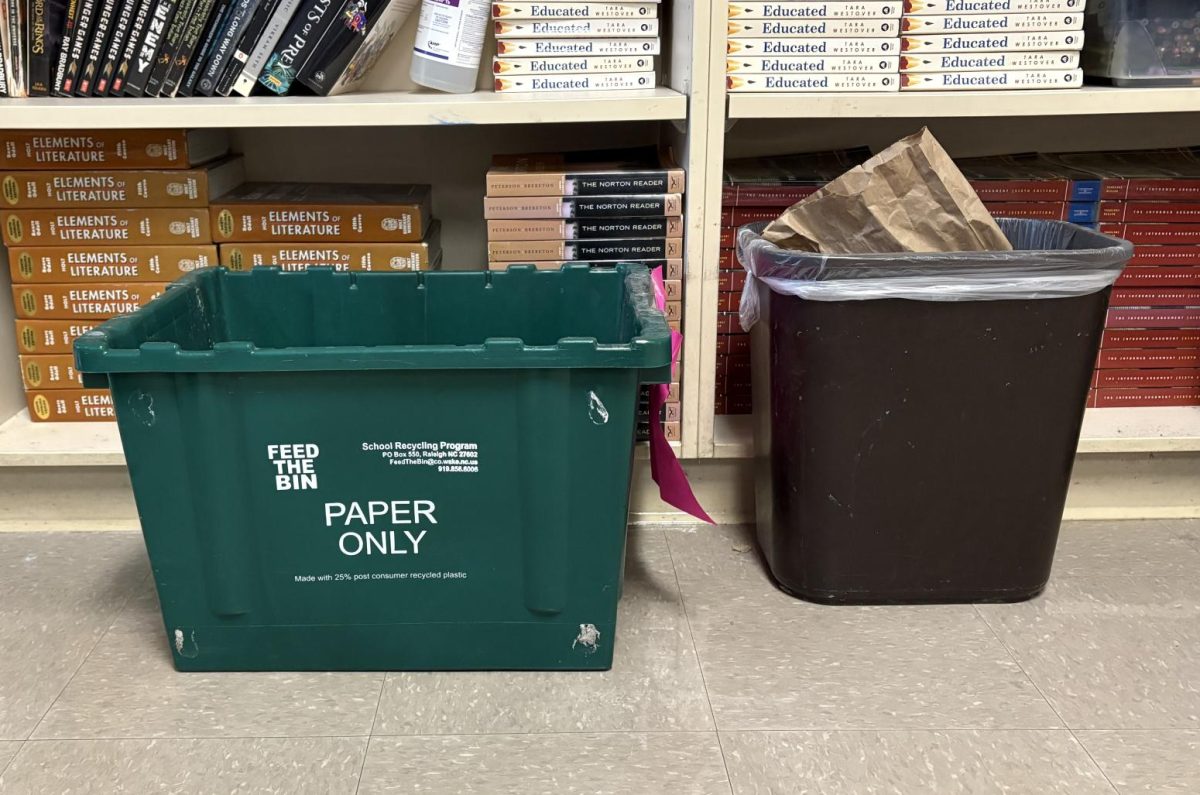North Carolina House Bill 188, introduced on Feb. 28, 2023, would promote more suspensions and harsher punishments in school. The bill, which is currently under review in the House, would make it easier to keep students out of school for longer. Previously, it listed specific examples of minor suspension punishments such as dress code violations and standing in a bus lane when you’re told not to, but such particularities have since been struck out.
The bill has split the bipartisan House. Representatives from both sides of the house all have varying opinions on the bill. Democratic Representative Marcia Morey, from Durham, reports that this bill would not do its intention of keeping kids safer. Instead, she believes more students will end up in the juvenile justice system because suspended kids have a statistically higher chance to end up in the justice system.
A defense made by many is that minor suspensions could only be one day, and they could be in-school suspensions. However, many activities are done in class, such as labs or projects, that suspended students would simply miss out on. Also, if you become a person who is suspended for several days in a row, then it becomes harder and harder to catch up to your peers. There’s an added point that many teachers teach in class, so if you do not get to learn in the classroom, when do you get to learn the new concepts? Spoiler alert, you don’t. Those students will fall behind, and their grades will be negatively affected for sometimes minor reasons.
Wake County Representative Julie von Hafen also makes the point that these punishment increases will most certainly disproportionately affect students of color. Already, many white students get away with things that their POC counterparts would not, such as violent/offensive language. If this bill goes into effect, those students will be the ones missing the most school. With the disadvantages that the school system and the justice system already offer them, if they end up there, this bill could devastate students’ motivations to show up to school at all, or put any effort into it. School should be a place for learning and encouragement, not to worry about getting in trouble for something new.
If we keep kids out of school for minor things like dress code violations, they can’t advance their education the same way as their peers. A lot of these kinds of increases in school punishment are made under the justification of ‘keeping the classroom in check so others can learn’, but what about the students constantly being removed from the building? Their education is affected more than other students in the classroom with a dress code violation. Personally, I’ve never been so distracted by someone’s shorts that it caused me to miss my education. It’s also well known that dress code ‘violations’ disproportionately affect female students. Why should someone’s school experience be interrupted because a teacher thinks their outfit is too revealing? It’s more concerning that a teacher finds a student with skin showing distracting than it is a student wearing what they want.
This bill hasn’t yet passed the House, but it is on its third review. If the bill passes, it will go into effect July 1, 2023. This will negatively affect so many more students than before. If we suspend students for every minor transgression, soon there will be no one left in school. This bill must be removed for the safety of students’ education. Students’ problems should be dealt with on a case-by-case basis, not a blanket statement of suspension.







